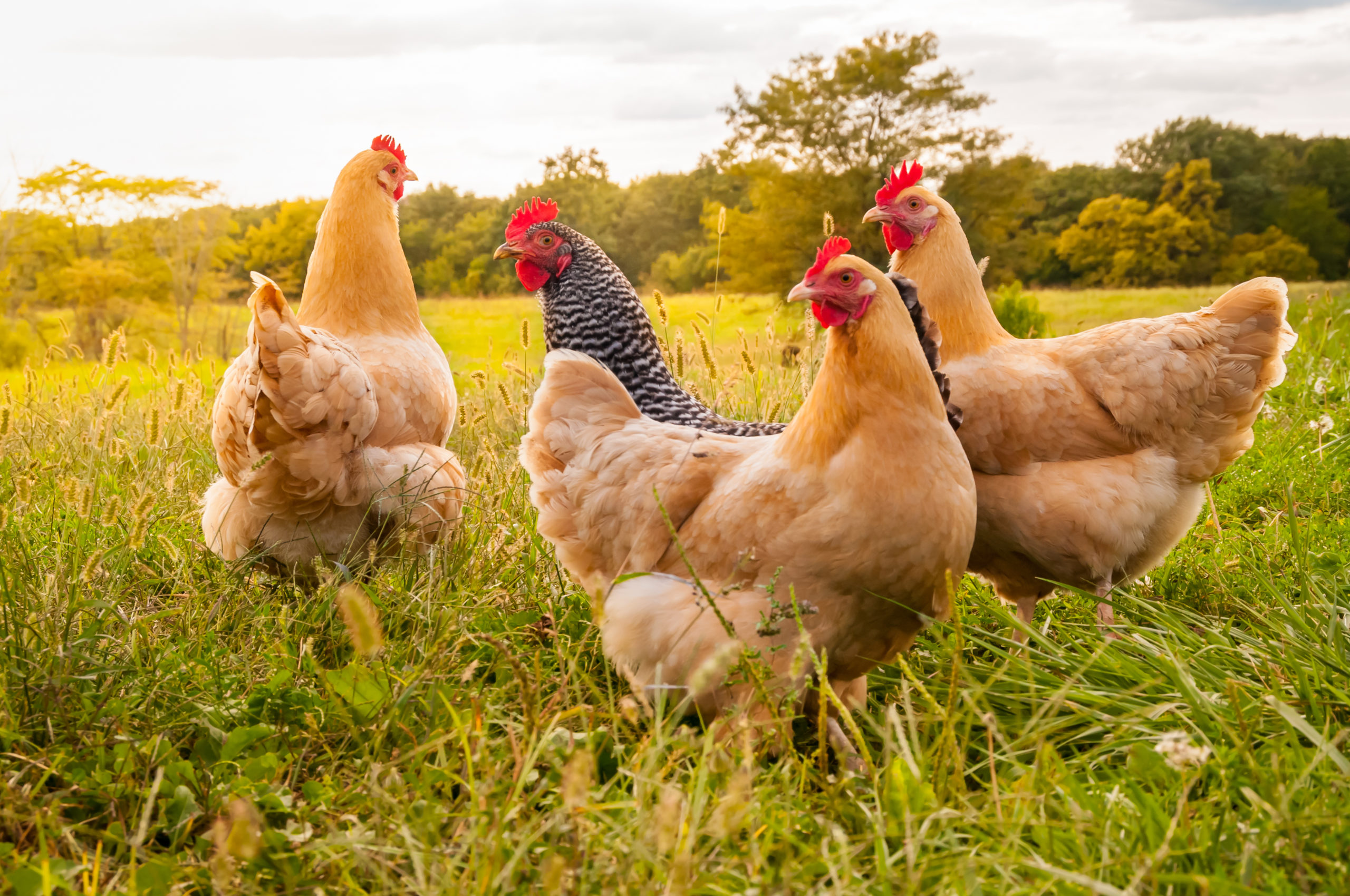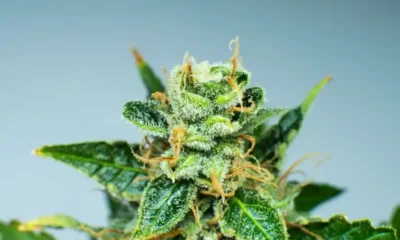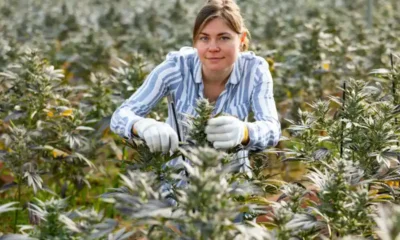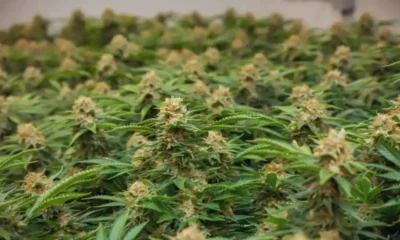Connect with us
Published
3 years agoon

The jump from chicken farming to hemp farming is quite the leap, but one Texas family farm has done just that—successfully transitioning from one industry to another.
The Halley family had raised chickens for food for three decades, but an international nonprofit, Mercy For Animals, supported the farm through the transition to grow hemp. It’s part of their “TransFARMation” initiative, which helps farmers adapt their animal-based farming models to plant-based models instead.
The TransFARMation project website notes that many farmers are looking for a way out of animal farming, whether it’s a disagreement with Big Agriculture’s contracts or the poor working conditions, many have simply had enough.
“At the same time, demand for plant-based ingredients is booming, estimated to grow from $8 trillion USD in 2018 to $13 trillion USD in 2025. Credited for this growth is increased demand for clean label ingredients and alternatives to conventional animal products,” the site noted.
A quote from the late Bo Hailey on the site notes that the family was desperate when they initially reached out to TransFARMation. “We knew we couldn’t keep raising animals on contract but didn’t know where to turn for help—what could we do with 12 empty chicken houses?”
Hailey echoed the sentiment of support for plant-based farming moving forward. “When it became obvious that the business was not something that made financial sense, we decided to bite the bullet and shut down the chicken houses and look for some sort of a different option,”
Hailey was in the industry from some time, farming chickens since he was 14, and working an additional 30 years with his family to raise six groups of chickens per year, a total of 192,000 birds in each group.
Over time, the family found that their model was not sustainable, facing financial difficulties that come with poultry farming, along with injuries and health complications from working in crowded chicken houses. Hailey even needed a partial amputation of his finger after he developed an infection from one of their chickens.
“We decided that we would grow hemp and go from killing animals to growing something, from destroying things to creating things,” he said.
The family received support from Mercy For Animals in the transition, and the Haileys planted their first acre of hemp last July. It was only another three months later, in October, when they prepared their first harvest.
The president of Mercy For Animals, Leah Garcés, was on site to help harvest the plants and said the Hailey family farm was the very first, successful TransFARMation.
“There are 12 chicken houses, and they used to house tens of thousands of suffering animals, and now they’re going to dry hemp,and that’s just so beautiful to see the transformation, the possibilities that can come, when people come together and try to find solutions,” Garcés said at the time, adding that she wants farmers to know that she’s really with them.
She said on the day of the harvest that it was a beautiful moment, referencing that the shift allowed the Hailey family’s children and extended family to come back out and join each other in the moment of “creation and growth.”
Hemp farmer Evan Penhasi joined Garcés to support the family throughout the transition. He called hemp farming a “great opportunity,” saying that growing something “changes your heart,” rather than the destruction that can come with chicken farming and comparable operations.
“And this whole process has transformed a family that really, I think, was in despair for a very, very, very long time and has transformed it into something now that is thriving and is connected and close,” Penhasi said.
TransFARMation currently has a submission form on their site for those looking to get involved or who need assistance to transition their farms from an animal-to-plant-based model. For more information, visit their website.


Congressional Progressive Caucus Says Dems Can Legalize MJ By Winning House, Senate Majorities This November


Cannabis Industry Has 440,000 Full-Time Workers


Federal Register Proposes Adding Fentanyl, Removing MDMA From Drug Testing Panels


Feds File Charges Against Maine Weed Grower After Probe Spanning 20 States


The Cannabis Market Is Booming in Japan


German Authorities to Ban Cannabis Smoking, Vaping at Festivals Including Oktoberfest
